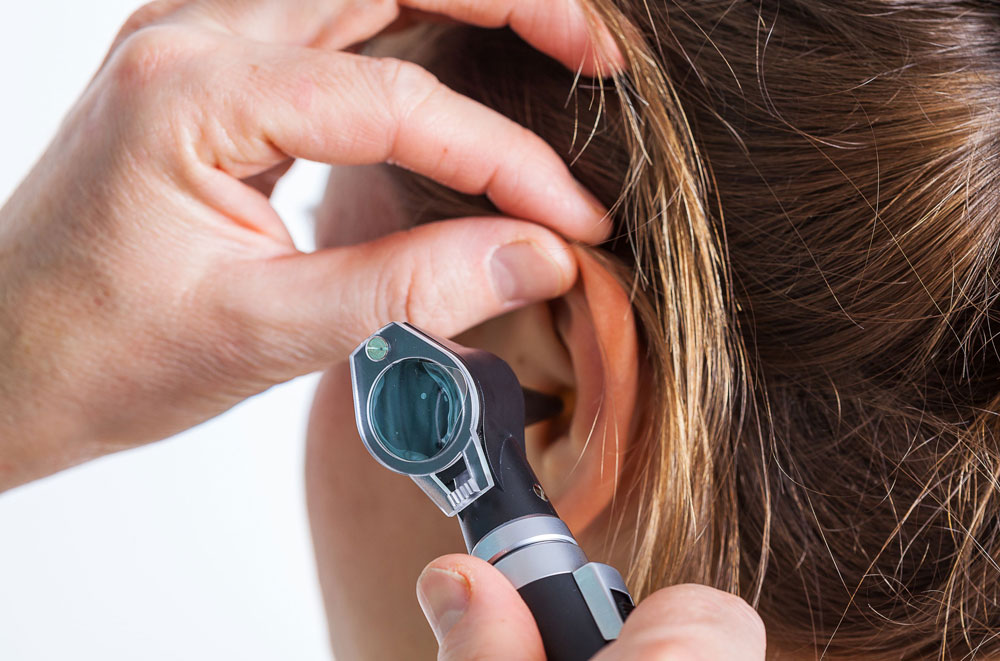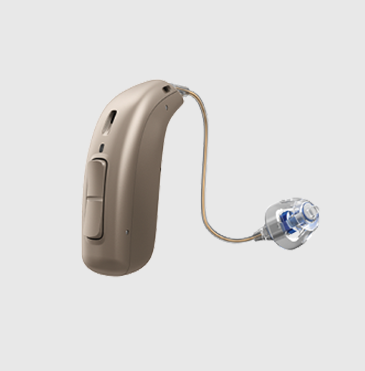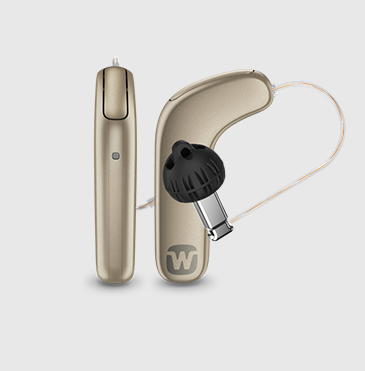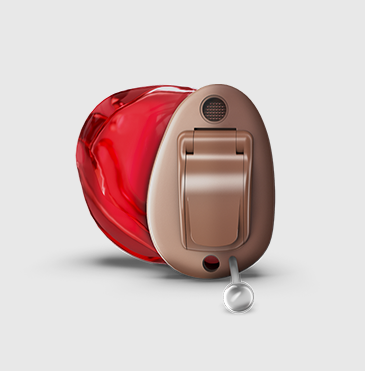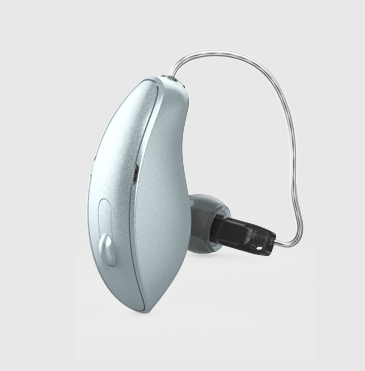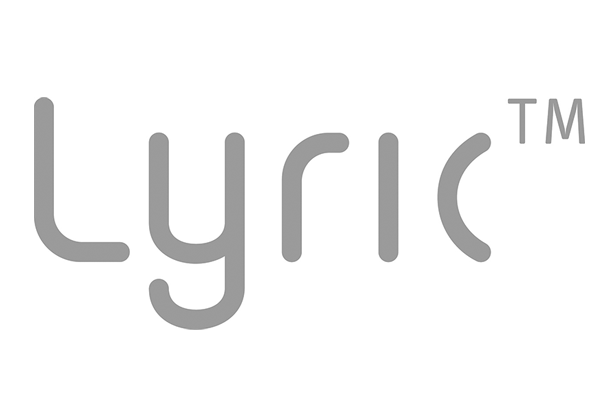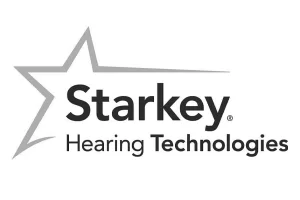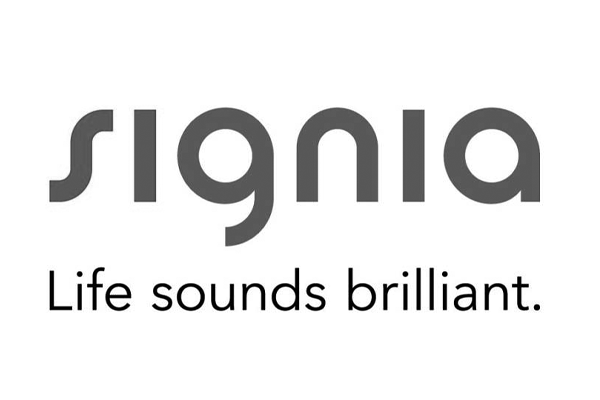What is Vestibular Rehabilitation?
Vestibular rehabilitation (VR) is exercise-based therapy suitable for people with ear-related balance issues and dizziness symptoms, such those with a diagnosis of stable Ménière’s disease, vestibular hypofunction in one or both ears, or other vestibular complaints.
Sometimes, irreparable damage to the balance organ has been sustained; in these cases, VR exercises can be matched to the difficulties faced and improve the brain’s ability to maintain overall balance. VR works via a compensation learning process, whereby the brain recalibrates to interpret the signals it receives from the balance organ, the eyes, and the knees, hips and joints (proprioception).




